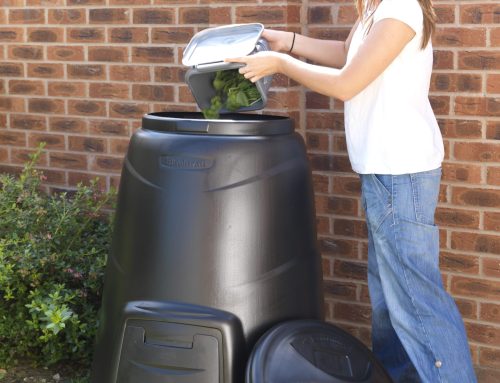Suffolk’s Public Sector Leaders met today to discuss local plans to reduce the impact on the environment as part of Suffolk’s climate emergency declaration, and to focus on the ongoing Covid-19 pandemic and how Suffolk plans to enter a local recovery phase when the time is right.
In 2019, all councils in Suffolk declared a Climate Emergency, committing themselves towards working to achieving Carbon Net Zero by 2030 through day to day business operations. To support this work and to chart progress, Suffolk Public Sector Leaders (SPSL) agreed to map out the projects already underway, and explore what would be needed to meet the challenge of reducing carbon across Suffolk.
There are already a number of notably successful projects up and running with the installation of plug-in vehicle charging points, the planting of new trees and hedgerows, and the planned use of new zero and ultra-low emission fleet vehicles for councils and Suffolk Police. Taking a collaborative approach to this work gives partners across Suffolk a greater voice in encouraging others to follow this example and to lobby and work with Government on new environmental initiatives.
Leaders previously commissioned an independent evidence base to inform development of a collaborative climate emergency plan across Suffolk. The collective work towards achieving Carbon Net Zero is based around the following six key themes:
- Domestic Buildings
- Transport (public and private)
- Industry and Commercial Energy Use
- Power (consumption and generation)
- Finance
- Cross cutting issues (that affect all partners)
It is hoped that the full plan can be considered by SPSL in their June meeting.
During the same Suffolk Public Sector Leaders meeting there was also a presentation to update the group on Suffolk’s recovery plan for Covid-19 following the Prime Minister’s announcement this week, charting the four significant markers to reopen schools and in time businesses and hospitality. The presentation at SPSL updated how the Leaders’ and NALEP joint investments created a Suffolk Inclusive Growth Investment Fund the first round of which has seen some £338,000, to support the roll out of the Virtual High Streets initiative in Babergh and Mid Suffolk; enabled businesses to take on apprentices in 2021, improved coordination of work across Suffolk’s network of business innovation hubs and invested in Suffolk’s creative digital sector, providing space for business growth and support for business start-ups. The second round of investment will be announced in March 2021. As part of the revised timetable given the continued period of Covid-19 response, Suffolk’s recovery plan is due to go to Suffolk Public Sector Leaders’ meeting in June to ensure there is continued momentum and support measures in place.
Cllr Matthew Hicks, Chair of Suffolk Public Sector Leaders Group, said: “Suffolk continues to have a strong ambition and determination towards creating the greenest county. Making a commitment to recognise the Climate Emergency is a crucial element of this work as no one authority or partner organisation can achieve this alone. Together we are working with communities and businesses as well as the public sector to drive initiatives that significantly reduce our impact on the environment and drive down carbon production towards net zero.
“The shared sense of urgency driving our aspiration to be carbon neutral by 2030 means taking on what may be the biggest challenge we have faced, using our collective influence and powers to cut greenhouse gas emissions, protect our environment and adapt our relationship with the Suffolk environment. We are building on a great deal of fantastic work that is already happening through individual authorities, so I am confident we can create many more opportunities and increase the pace of response with the support of our communities and businesses. I look forward to seeing the plan at a future meeting.”
Cllr Hicks continued:
“It is very important that we continue to pay regard to Suffolk’s response to Covid-19 during this time and the way in which Suffolk’s plans for recovery continue to form and adapt to the emerging challenges of the pandemic. It is critically important that we all continue to follow current national guidance at present and it is heartening to see the potential for us moving towards some degree of normality in time if we all continue to work to support each other across our communities.”






